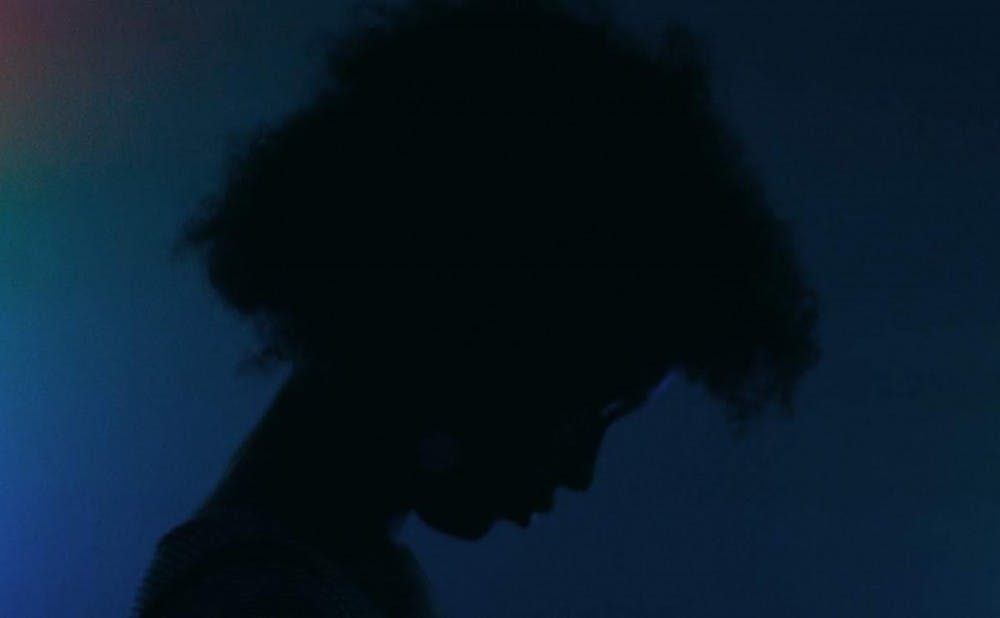For its North American premiere, “Where We Belong” screened at Full Frame Documentary Film Festival earlier this month. The film gave viewers a raw look into the lived experiences of young children affected by their parents’ marital troubles. It features interviews with five children on their experiences, paired with ethereal close-ups of their faces, engulfed by intense lighting and music that evokes their specific, complicated and often hard-to-express internal struggles. The documentary gives voice to those who are usually voiceless, largely through their wonderfully genuine and surprisingly mature insights. The Chronicle spoke with Swiss director Jacqueline Zünd via email about her intentions behind the film and what she learned from the children she interviewed.
The Chronicle: What motivated you to make this film?
Jacqueline Zünd: My son has two homes. In his class, my son was the only kid with separated parents — at least, that’s what it seemed like. The divorce rate in Switzerland is 50 percent. Apparently, the image of the happy family is still afflicted with shame, even though we have long known that the classic nuclear family is the main refuge of our neuroses. I was interested in this paradox.
TC: Why did you decide to interview children?
JZ: The conversations about separations and their consequences are usually conducted by adults — they make the decisions, they discuss and they analyze. I was interested in the children’s perspective. It was important to me not to portray them as passive victims, but to understand them in their own perception: What is important to them? What hurts them? What can they manage effortlessly? And what seems insurmountable? I wanted to ask them the questions which parents avoid, due to fear of the answers, or because they want to protect them from their own reality.
TC: Why do you think these kids were so perceptive to their situation?
JZ: Children see things very clearly. They observe acutely and are poetic when they describe their situation.
TC: How long did it take to make the film?
JZ: Three years.
TC: Why did you decide to include footage of the children's faces in changing lights between shots of their interviews? What is the significance?
JZ: I searched for scenes and environments that represent the inner worlds of the kids. The light here stands in a way for the outer world who affects on them. Sometimes smooth, sometimes hard and disturbing.
TC: What did you learn from the individuals you interviewed?
JZ: It impressed me how well they read their parents and feel whether they are okay or not. It is incredible how much they care and what they are willing to do for the relationships. It touched me how much responsibility they bear. They are always looking for a way to deal with the situation, often with humor — whether intentional or not.
TC: What would you like the audience to take away from the film?
JZ: As separated parents, I would like them to think: We should manage to push our injuries aside when it comes to our children. Because there is a great destructive potential in this. It can be very stressful for them. Like for Carleton and Sherazade in the film, they chose to live in a children’s home, so as to escape the line of fire.
And for everybody: We should never underestimate children and their view of the world.
Get The Chronicle straight to your inbox
Signup for our weekly newsletter. Cancel at any time.

